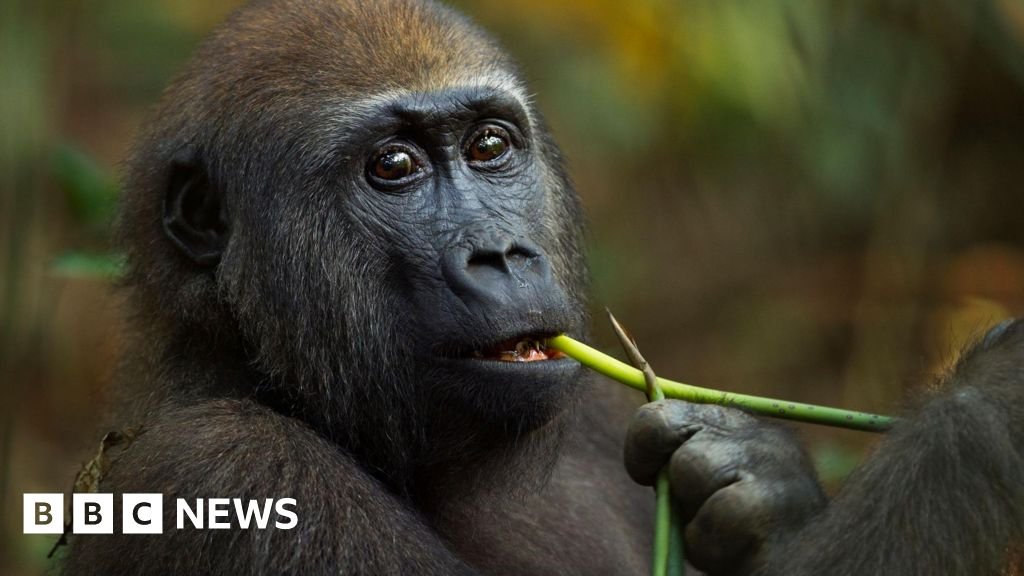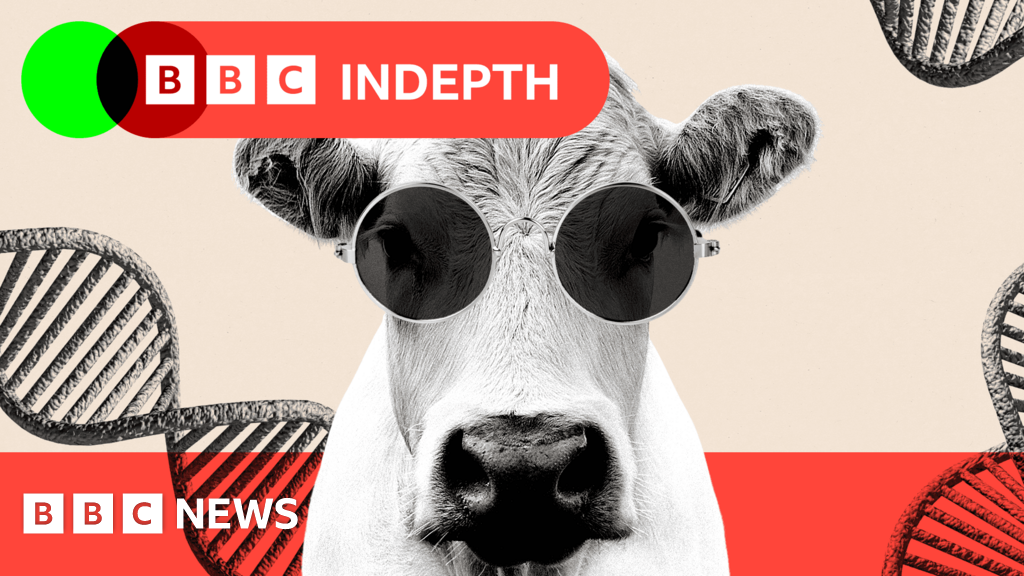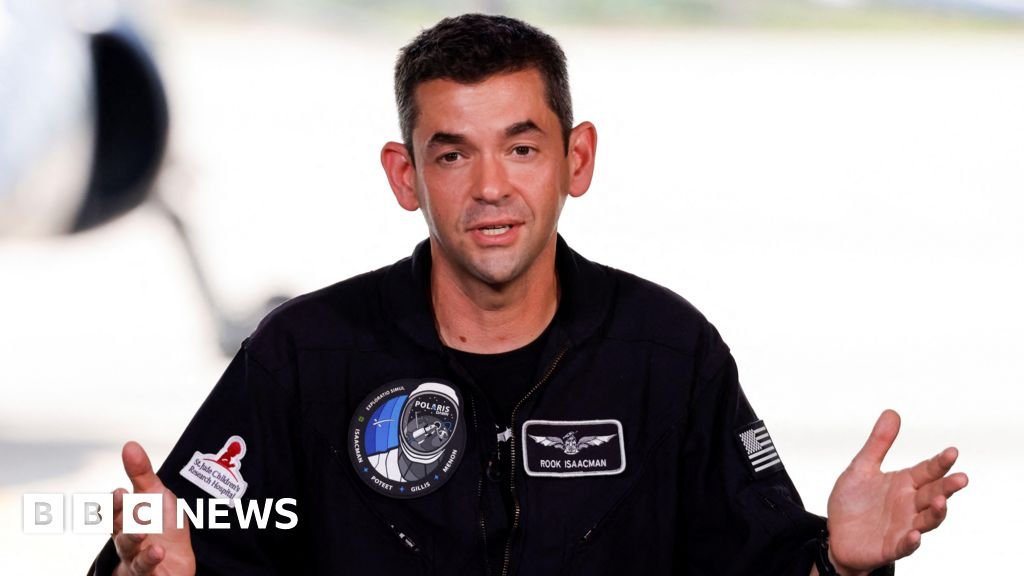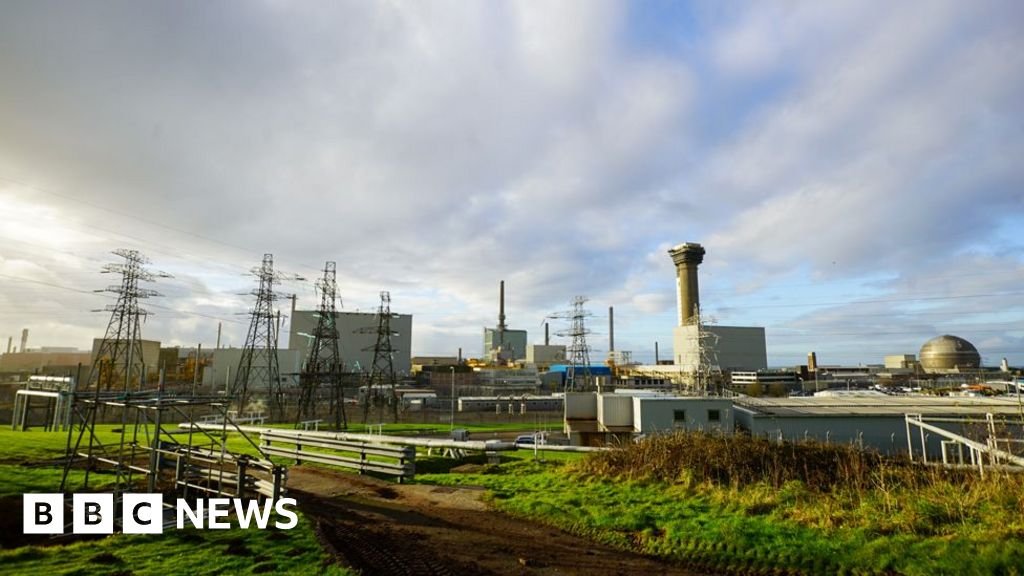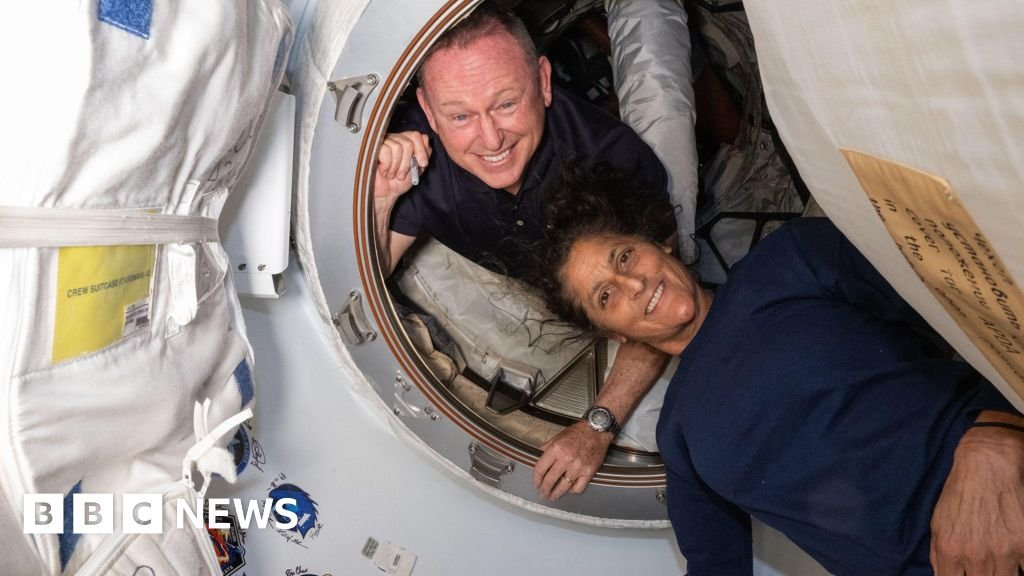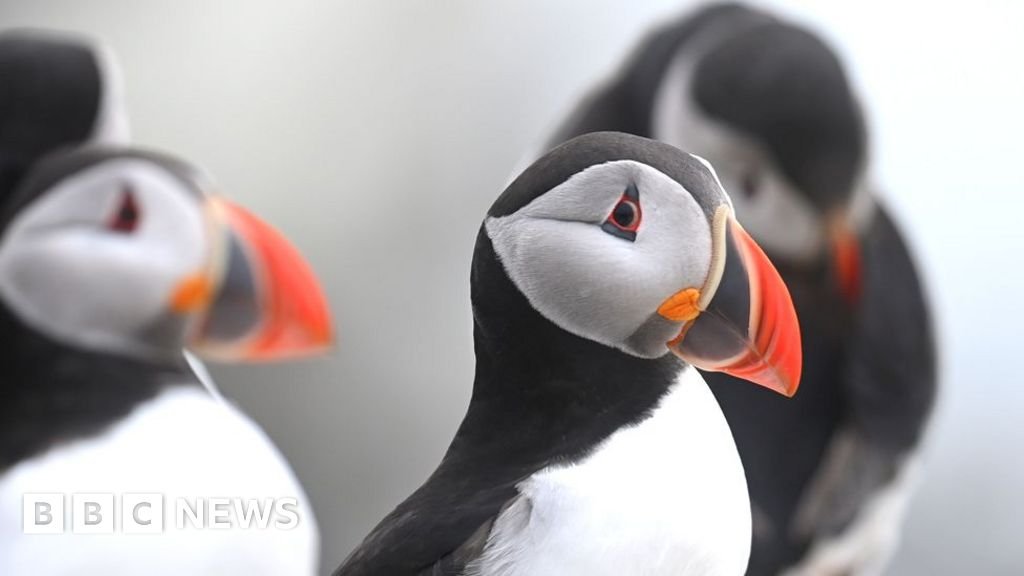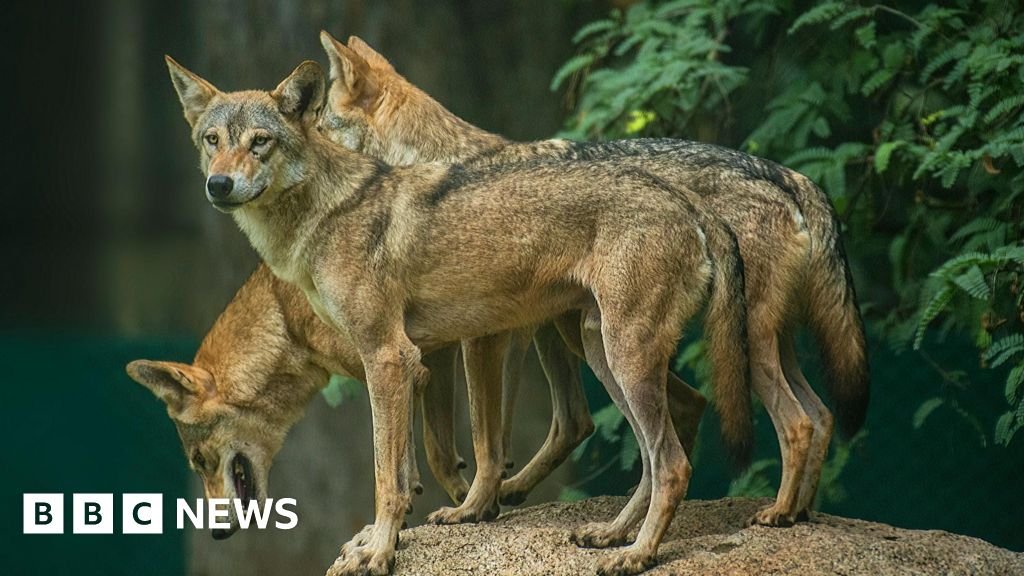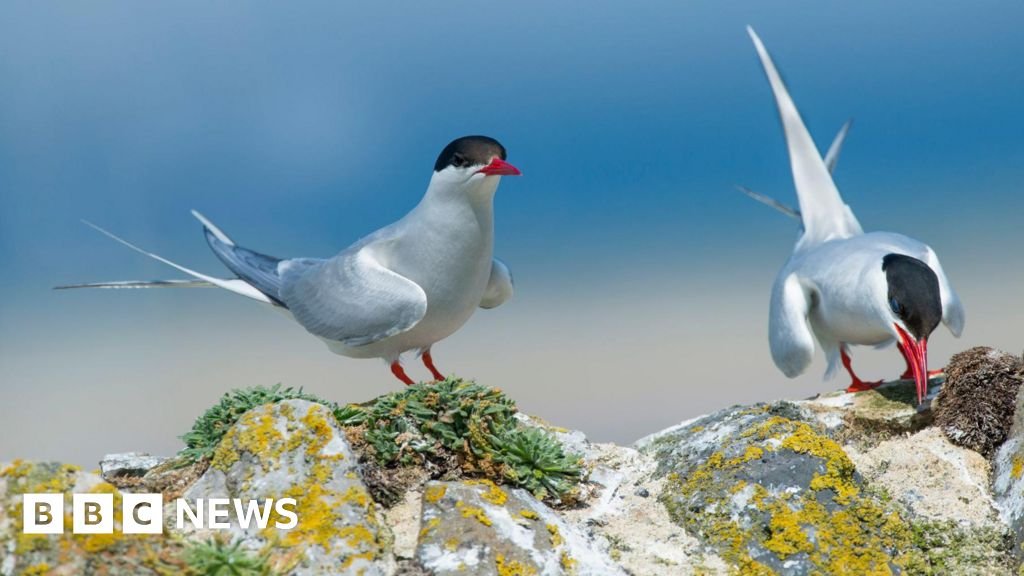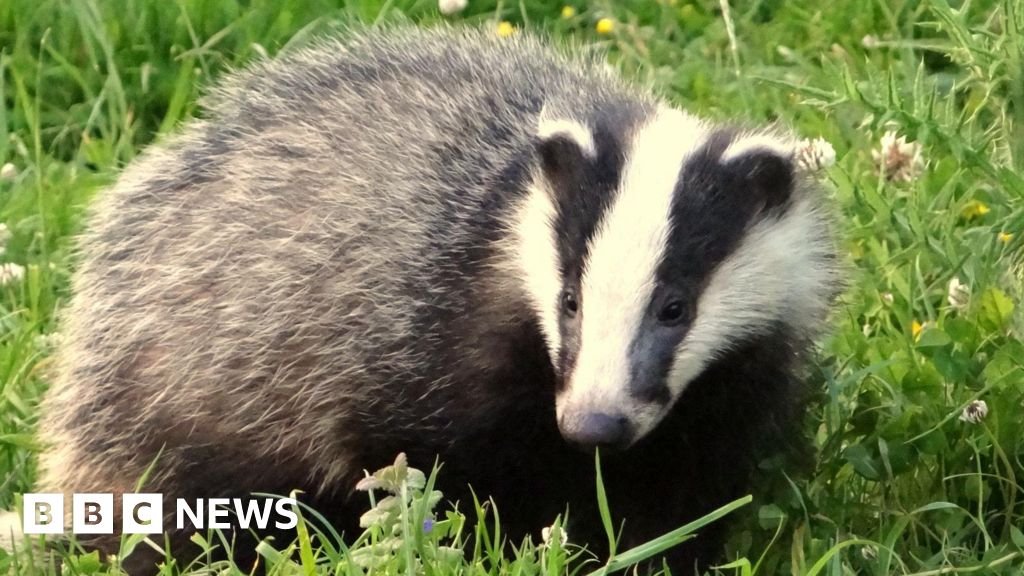[ad_1] Getty ImagesFewer than 150,000 western lowland gorillas survive in the wild in Central and West AfricaSelf-medicating gorillas may hold clues to future drug discovery, according to scientists.Researchers in Gabon studied tropical plants eaten by wild gorillas - and used also by local human healers - identifying four with medicinal effects.Laboratory studies revealed the plants were high in antioxidants and antimicrobials.One showed promise in fighting superbugs.Getty ImagesWestern lowland gorillas live
[ad_1] BBCThere’s nothing new about genetic engineering. By cross-breeding plants and animals, our Stone Age ancestors realised they could boost the amount of food they produced.Modern genetics has enabled scientists to do much more: to make precise, targeted changes to the DNA of organisms in a lab. And that, they claim, will lead to new, more productive, disease-resistant crops and animals.The science is still in its infancy, but gene-edited foods
[ad_1] ReutersBillionaire Jared Isaacman is funding and commanding the Polaris Dawn MissionBillionaire Jared Isaacman has taken off in a SpaceX Falcon 9 rocket for what he hopes will be the first ever privately funded spacewalk.The mission, called Polaris Dawn, is the first of three funded by the founder of payments processing business Shift4. He is onboard as commander alongside his close friend Scott 'Kidd' Poteet, who is a retired air
[ad_1] BBCA repeating tone - blip, blip, blip - is the audible reminder that we are in one of the most hazardous nuclear sites in the world: Sellafield.That sound - pulsing from speakers inside the cavernous fuel-handling plant - is a signal that everything is functioning as it should.That is comforting because Sellafield, in Cumbria, is the temporary home to the vast majority of the UK’s radioactive nuclear waste, as
[ad_1] NASAButch Wilmore and Suni Williams will remain in space until February 2025Boeing's Starliner spacecraft is set to begin its journey back to Earth - but the astronauts it was supposed to be carrying will stay behind on the International Space Station.The empty craft, which has been switched to autonomous mode, is scheduled to undock from the orbiting lab at 23:04 BST (18:04 EDT).The capsule, which suffered technical problems after
[ad_1] Getty ImagesPuffins are on the red list of Birds of Conservation ConcernA puffin population has been declared "stable" following fears that bird flu might have had a more devastating effect. The first full count for five years on the Farne Islands off Northumberland has revealed the endangered species has in fact increased by 15% since 2019.There are now thought to be 50,000 breeding pairs on the site, which is
[ad_1] Getty ImagesSchoolchildren living in London's ultra-low emission zone (Ulez) were nearly four times as likely to switch to walking and cycling after its introduction compared with those outside the zone, new research suggests.The study, published on Wednesday, followed the travel habits of almost 2,000 children over two years in London and Luton.The Ulez was introduced in an effort to reduce traffic-related air pollution, which is known to affect neurodevelopment,
[ad_1] Getty ImagesIndia has an estimated 3,100 wolves spread over a number of states Four-year-old Sandhya was sleeping outside her mud hut in India’s Uttar Pradesh state on the night of 17 August when a power cut plunged the village into darkness."The wolves attacked within two minutes of the lights going out. By the time we realised what was happening, they had taken her away," recalls her mother, Sunita.Sandhya’s body
[ad_1] Getty ImagesArctic terns nest on British shores before flying to the Antarctic for winterFive seabird species have been added to the UK red list of birds at most need of conservation, joining others such as the puffin.The new entries include the Arctic tern, known for its incredible migration, the giant skua, or pirate of the sea, and two types of gull.The UK is known for its colonies of seabirds
[ad_1] Badger culling will end in England within five years as part of a shift in the fight against bovine tuberculosis, the government said on Friday.As part of the new TB eradication strategy, badgers will be vaccinated instead of killed and work to develop a separate vaccine for livestock will also be stepped up.The government hopes the strategy will deliver its target to eradicate the disease in England by 2038.But

